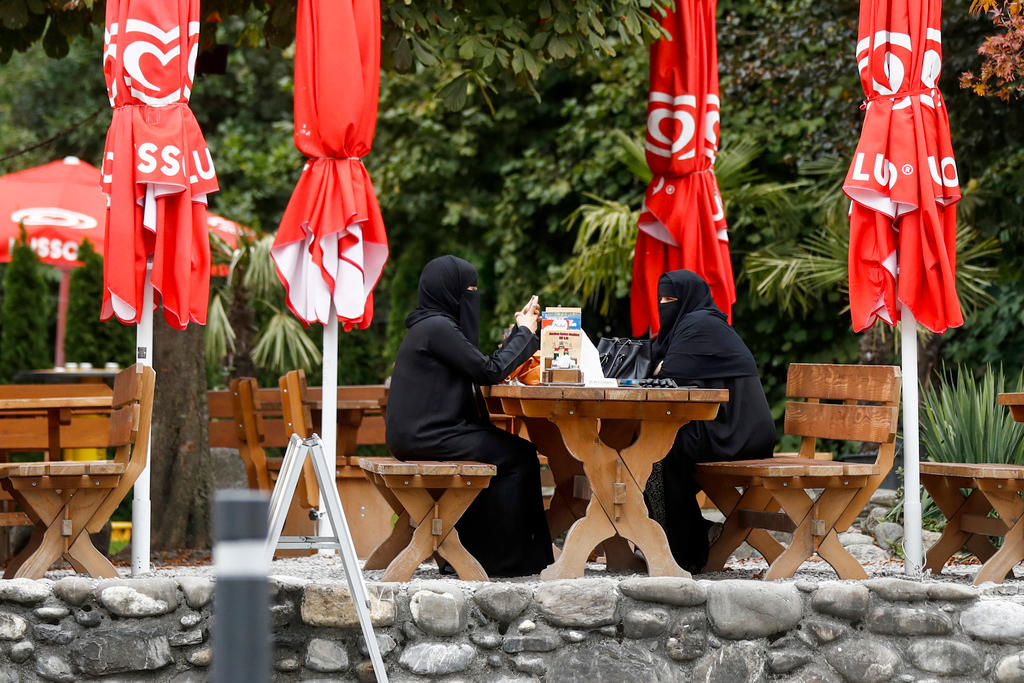A third of Swiss feel uneasy around people who are ‘different’

More than one in three Swiss feel uncomfortable around people perceived to be different because of their nationality, religion, skin colour or other factors, a government survey has found.
The poll – released by the Federal Statistical Office on Tuesday – sought for the first time to gauge how people coexist in a country of 8.4 million residents, a quarter of them foreigners.
Thirty-six per cent said they felt uneasy in the presence of people they found outside the norm, particularly those who spoke a foreign language or travelled around. It did not give more details on the last category, but Roma and other itinerant groups have complained of discrimination in non-EU Switzerland.
Sixteen per cent of respondents went further and said they felt threatened by foreigners.
When presented with negative characteristics about three groups, 17% of respondents said the comments applied to Muslims, 12% to Jews and 4% to blacks. In addition, 33% were hostile towards Islam, 14% towards Muslims, 10% towards blacks and 8% towards Jews.
Despite that, most of the 3,000 respondents were in favour of granting more rights to foreign nationals, the poll discovered. Two out of three said racism was a key social problem, and 56% believed the integration of migrants was working well.
Increasingly diverse
With four national languages and a decentralised system of government, traditionally Christian Switzerland is increasingly diverse. There are more than ten main religious communities in a population made up of people with roots in 190 other countries.
Rightwing parties have stoked anti-foreigner sentiment, pushing for a series of measures – such as a ban on new minarets for mosques that became law in 2009.
But parliament last year watered down demands of a 2014 referendum to impose quotas on immigration from the European Union, the bloc that surrounds it and provides most of its trade.

In compliance with the JTI standards
More: SWI swissinfo.ch certified by the Journalism Trust Initiative













You can find an overview of ongoing debates with our journalists here . Please join us!
If you want to start a conversation about a topic raised in this article or want to report factual errors, email us at english@swissinfo.ch.